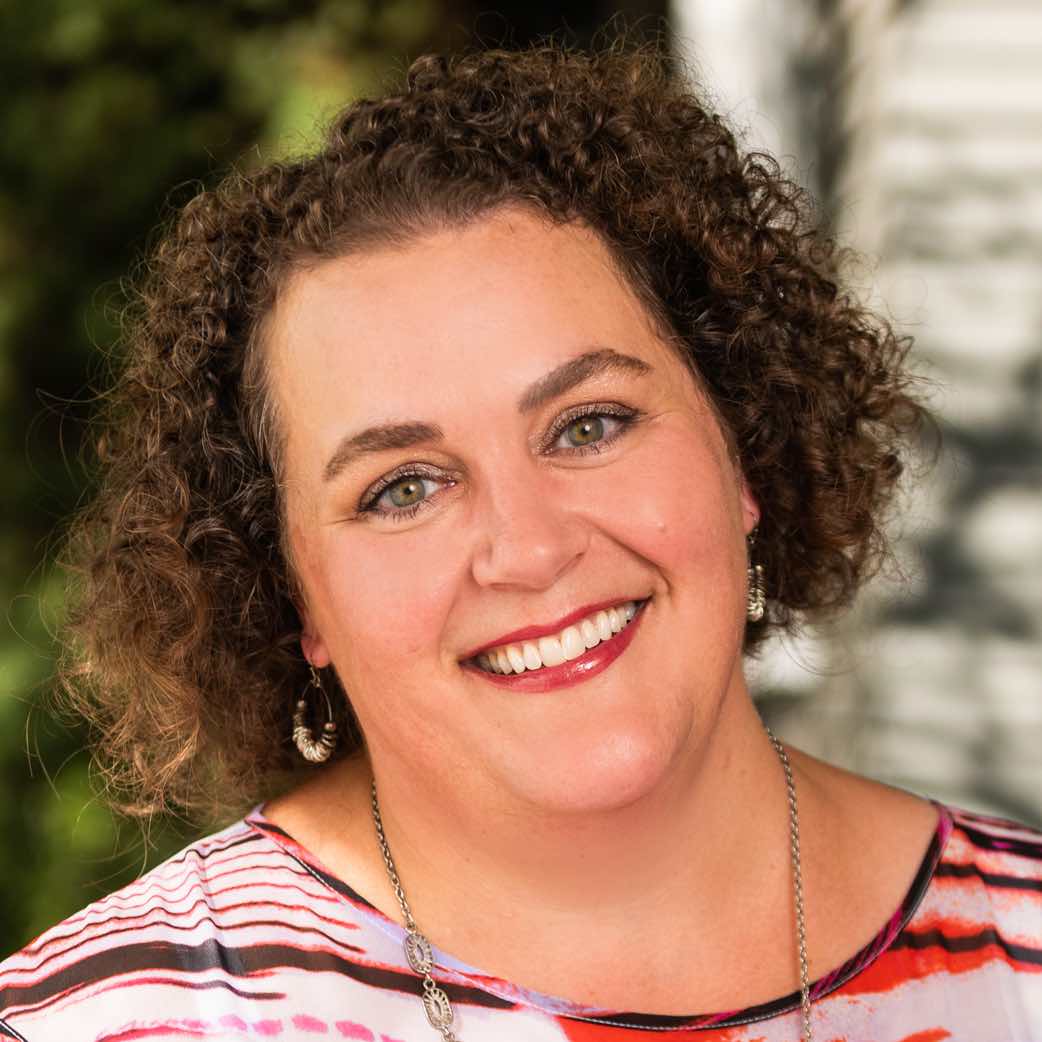4 minutes
When you lead from a place of personal wholeness, you can be effective at putting people first.
Sponsored by Edge
We are here for relationships.
According to No. 1 New York Times bestselling authors and renowned psychologists, Drs. Les and Leslie Parrott, relationships are our number one source of happiness—even though, as we’ve all experienced, relationships are often confusing and can be full of disappointment.
With relationships being a paramount source of happiness and well-being as well as providing a sense of belonging, you would think that more organizations would lead with a people-first mentality—and lead with empathy. But that is not the case.
I believe that is because there is a lot of unaddressed brokenness in leadership, which in turn twists the work environment and culture into something inevitably unhealthy. As a leader, it is imperative that you become whole—emotionally, mentally, physically and spiritually. When you lead from a place of wholeness, you can be more available to your team to guide and direct from a place that is putting people first. This will have incredible trickle-down effects through your organization and help you build, support and sustain a culture that provides a foundation for relationships that meet your teams’ longing for belonging.
Striving for Wholeness
As a leader, I recognize that complete wholeness is not really something that we ever arrive at. But we can get to a place of okay-ness, and the work of building awareness of where your brokenness is affecting your leadership puts you on the path to wholeness. As long as we are on that path and continue to move down it, we will have better results with putting efforts toward fostering a dynamic and sound company culture with healthy relationships in the workplace.
I say this, but I want to make sure that there is “balance in the force.” And by that, I mean you must also have boundaries. When you lead with a people-first mentality, establishing boundaries will keep leadership from being overrun and avoid harboring those that take advantage of generosity.
Balancing Boundaries
Establishing good boundaries is an essential part of having healthy relationships. Just ask any second-grade teacher! It has often been said that good fences make good neighbors, and it is no different in an organizational work environment.
- So, when it comes to boundary
- Set boundaries, and keep them
- Make sure your boundaries are communicated clearly and gently
- Reinforce your boundaries with escalated emphasis if/when needed
- Don’t expect others to treat you as you treat them
- Don’t assume others think the same way that you do
- Show respect for others’ personal space and privacy
Set your boundaries but lead with empathy. And when you need to correct others, do so with grace, giving them the benefit of the doubt until they prove you wrong. This will grow trust and respect while giving people room to be human.
Working with Yourself and Others
People have problems. I am not a counselor but do invest in regular counseling with a professional. This has been extremely beneficial for me and my team, and it’s modeled to my team, family and friends that counseling is health care—taking good care of yourself is a responsibility as a leader. People are depending on you. And leaders are distinguished by a simple fact: They make decisions. Having your head straight, as they say, is essential to making good decisions.
When you work with people, you don’t just work with the sliver of that person that performs the work necessary for their job. You get the whole package. People come complete with all of their unique gifts and all of their brokenness, and that’s OK. They are organic creatures, not machines. Meet them where they are at and use your personal journey to wholeness as a way to help guide and direct them.
If you lead your organization with a people-first focus, you will undoubtedly stand apart from not only your competitors but from the majority of business society. You can make your organization a thought leader and business role model that demonstrates values that could have a lasting and broad-reaching, positive influence.
I will wrap this up with a quote from one of my favorite influencers, Mr. Rogers: “Life is deep and simple. What our society gives us is shallow and complicated.”
Acknowledge the profound simplicity that relationships are the backbone of happiness and that your relationships can only be as healthy as you are. This will help you lead from a place of influence—because this same rule applies to those you are leading. Every step you take to model a journey to wholeness helps establish and protect a company culture that values people first and helps the individuals on your team pursue their own wholeness as a result.
Stephanie Chadwick is the CEO of CUES Supplier member Edge, a full-service marketing and advertising agency specializing in partnering with credit unions. With 30 years of experience in consulting and management, including roles at CBS Radio and Nordstrom, Stephanie has helped grow Edge into a team of experts providing design, video and audio creative, web development, digital services, media buying, reporting, copywriting and content strategy as well as a proprietary website calculator, Formulate, inspired by collaboration with CUs.






